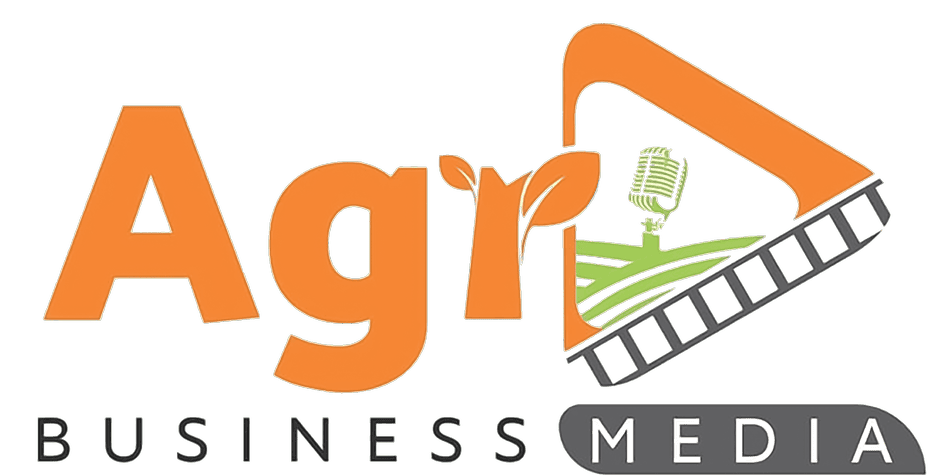Farming today demands more than just skill with soil and livestock. To thrive in the modern agricultural landscape, farmers need to run their operations as efficient, profitable, and sustainable farm businesses. This requires a different set of tools – the farm business tools that support planning, finances, marketing, and management off the field.
Forget just tractors and plows for a moment. We're diving into the essential business tools for farmers that provide the backbone for success in the office and beyond.
Here's your comprehensive Farm Business Toolkit:
- Strategic Farm Planning & Goal Setting
Every successful farm business starts with a solid farm business plan.
- Developing a Farm Business Plan: This is your agricultural business strategy. It outlines your goals, production plans, farm marketing strategies, financial forecasts, and management structure. It's the guide for your entire operation.
- Production Planning Software/Tools: Utilize spreadsheets, dedicated farm planning software, or robust manual systems to plan crop rotations, planting schedules, livestock cycles, and input needs. Efficient farm production planning maximizes resources.
- Agricultural Market Research: Stay informed about market trends, prices, and consumer demand. This is a crucial farm business tool for making informed sales decisions.
- Robust Farm Financial Management
Understanding your farm finances is non-negotiable for profitability.
- Farm Accounting Software: Implementing reliable farm accounting software (like QuickBooks, Xero, or agricultural-specific options) or a detailed spreadsheet system is essential for tracking all income, expenses, assets, and liabilities. Accurate agricultural accounting is key.
- Farm Budgeting Tools: Develop and monitor a detailed farm budget to control costs, forecast cash flow, and guide investment decisions. Effective farm financial management starts with a budget.
- Agricultural Banking & Credit: Cultivate strong relationships with banks and agricultural lenders for access to capital when needed for operating expenses or investments.
- Farm Financial Analysis: Learn to analyze your financial statements (Profit & Loss, Balance Sheet, Cash Flow) to assess your farm's financial health and identify areas for improvement.
- Comprehensive Farm Record Keeping & Data Management
Detailed records are the foundation for smart farm business decisions.
- Farm Record Keeping System: A robust system (paper, spreadsheets, or farm record keeping software) is critical. Track everything: production data, input usage, sales records, expenses, labor, equipment maintenance, and field history.
- Integrated Farm Management Software: Many software packages combine production, financial, inventory, and other data into one system, offering powerful insights for agricultural data management.
- Data Backup Solutions: Protect your vital farm business data with cloud storage or external backups.
- Effective Farm Marketing & Sales Tools
Getting your product to market effectively is a core farm business function.
- Understanding Farm Sales Channels: Determine the best markets for your products – wholesale, retail, farmers markets, or direct-to-consumer farm marketing.
- Farm Marketing Materials: Develop branding, labels, photos, and online content that showcase your products and your farm business.
- Customer Relationship Management (CRM): If selling direct, a CRM system (even simple) helps manage customer contacts, orders, and communication, a vital tool for farm success.
- Online Farm Sales Platforms: A website or e-commerce platform is essential for selling farm products online.
- Communication & Access to Agricultural Information
Staying connected and informed is vital for a modern farm business.
- Reliable Connectivity: Dependable phone and internet access are fundamental farm business tools for communication, research, and online operations.
- Accessing Agricultural Resources: Utilize extension offices, research databases, industry publications, and farmer networks for ongoing learning and problem-solving in agricultural management.
- Building Your Agricultural Network: Connecting with other farmers and industry professionals provides invaluable support and shared knowledge.
- Navigating Agricultural Regulations & Compliance
Understanding and adhering to rules protects your farm business.
- Knowledge of Farm Regulations: Stay informed about local, state, and federal rules related to food safety, environmental impact, labor, and land use. Resources for agricultural law and compliance are key.
- Farm Insurance Policies: Maintain appropriate agricultural insurance coverage (liability, crop, livestock, property) to mitigate risks.
- Legal Counsel: Access to an attorney specializing in agricultural law is important for contracts and business structure.
- Streamlining Farm Operations Management
Efficient day-to-day management saves time and money.
- Standard Operating Procedures (SOPs): Written guides for tasks improve consistency and safety – a crucial tool for farm management, especially with employees.
- Inventory Management System: Track inputs (seed, feed) and finished goods to optimize stock levels for your farm business.
- Agricultural HR Tools: If employing staff, systems for hiring, scheduling, and payroll ensure compliance and efficiency.
Building Your Modern Farm Business Toolkit
Implementing these essential farm business tools might seem like a big step, but it's an investment in your farm's future. The specific tools you choose will depend on your farm's size, type, and goals. Start by identifying the areas where better information and organization could make the biggest impact on your profitability and sustainability.
By embracing these business tools for farmers, you gain greater control, make more informed decisions, manage risk effectively, and build a more resilient and successful agricultural business for years to come.

